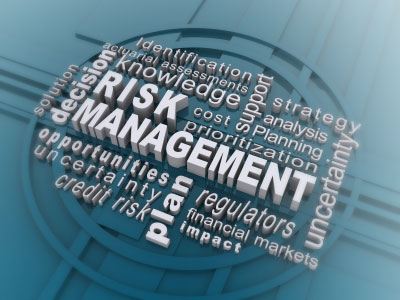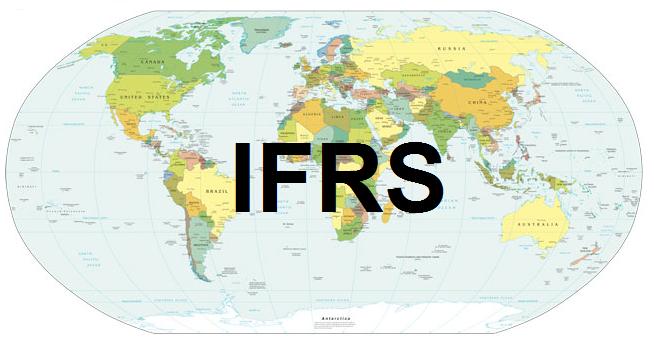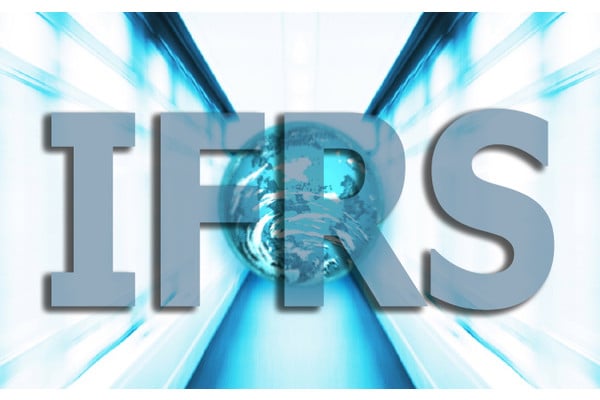In the previous post, we identified the key ideas and common misperceptions around a governance, risk and compliance framework. The executive management is in fact exerting the greatest pressure to improve GRC, followed by external regulators (KPMG, 2013). So what makes an effective GRC plan? Or what should organisations keep in mind to improve performance with GRC.
Recent TRG blog posts
Success Factors of a Governance, Risk and Compliance (GRC) Plan
Posted by Thai Pham on Wed, Mar 6, 2013
Blog Topics: Enterprise Performance Management (EPM)
Best practices in corporate risk management for Vietnamese companies
Posted by Rick Yvanovich on Tue, Mar 5, 2013
In the last article, we have discussed the main areas of concern when it comes to enterprise risk management framework in Vietnamese companies. Apparently, they can learn a lot from their Western counterparts where risk and performance reporting to the board are integrated. Now, we will go over the best practices or practical application of corporate risk management in Vietnam.
Blog Topics: Enterprise Performance Management (EPM)
Governance, Risk and Compliance framework: Context and definition
Posted by Thai Pham on Wed, Feb 27, 2013
Corruptions, legal entanglements, business disruptions are some of the most prominent signs of poor governance, risk and compliance management (GRC) within an organisation. However, many companies are not fully aware of GRC, its importance, definition and best practices and would rather go with their hunch instead. This blog entry seeks to address the context for a governance, risk & compliance framework and what it really means.
Blog Topics: Enterprise Performance Management (EPM)
The pitfalls of Vietnam’s enterprise risk management framework
Posted by Rick Yvanovich on Tue, Feb 19, 2013
As mentioned in the previous post, risk management has only begun to take shape in Vietnamese companies. The global economic recession has left many out of business, and for those who have sailed through the storm, there are lessons to be learned. In this entry, we will review some main issues with business risk management in Vietnam.
Blog Topics: Enterprise Performance Management (EPM)
How technology can help you with IFRS adoption
Posted by Rick Yvanovich on Tue, Feb 12, 2013
In our view, companies are best served when they take an integrated approach to build an IFRS framework. Toward that end, they need a fully integrated solution ideal for supporting the IFRS adoption. A key element is the ability of enterprise applications to work in conjunction with financial management ones to meet a wide range of accounting requirements and processes mandated by the International Financial Reporting Standards.
Blog Topics: Planning and Budgeting, Financial consolidation, planning and reporting, Enterprise Performance Management (EPM)
Risk reporting and corporate performance management: A missing link
Posted by Rick Yvanovich on Tue, Feb 5, 2013
Before the global financial crisis back in 2007-2008, risk reporting may not have been on the plate for many companies and organisations around the world. However, since then, there has been “increased attention to the formalisation of risk management” (CGMA, 2012). But is that enough for Vietnamese businesses, given the fact that many have gone bankrupt or been caught up in legal entanglements?
Blog Topics: Enterprise Performance Management (EPM)
Actions to Improve Business Performance for Organisations
Posted by Rick Yvanovich on Tue, Jan 29, 2013
When Aberdeen Group conducted a study in 2011, they identified three classes of performance in corporate financial planning, budgeting and forecasting: Best-in-class, industry average and laggard. The research group outlined steps to help companies improve their performance, regardless of their current class.
Blog Topics: CFOs, Financial consolidation, planning and reporting, Enterprise Performance Management (EPM), Financial Accounting Management Software
The process for building IFRS framework
Posted by Rick Yvanovich on Tue, Jan 29, 2013
Adopting IFRS alongside VAS requires technical, strategic, and operational changes. There also will be an unavoidable impact on information technology (IT) systems, as companies change the way they manage and report on numerous business activities. Hence, companies should employ a methodical approach when building the IFRS framework.
Blog Topics: Planning and Budgeting, Financial consolidation, planning and reporting, Enterprise Performance Management (EPM)
How to evaluate and categorise business performance (part 2)
Posted by Rick Yvanovich on Tue, Jan 15, 2013
In the last post, three out of five criteria to assess business performance in relation to the corporate planning, budgeting and forecasting process were discussed. The last two, pointed out by Aberdeen Group in its 2011 study, are technology and performance management.
Blog Topics: Planning and Budgeting, Financial consolidation, planning and reporting, Enterprise Performance Management (EPM)
From Local to Global: Navigating Key Differences between IFRS and VAS
Posted by Rick Yvanovich on Mon, Jan 7, 2013
Vietnam’s Ministry of Finance has made significant progress in converging Vietnamese Accounting Standards (VAS) with International Financial Reporting Standards (IFRS) in recent years. However, there are still some significant differences between IFRS and VAS that businesses need to be aware of. These distinctions can be found in inventory costing, impairment write-downs, contingency management, debt covenant management, and revenue recognition.
Blog Topics: Planning and Budgeting, Financial consolidation, planning and reporting, Enterprise Performance Management (EPM)
 English
English  Vietnamese
Vietnamese 










